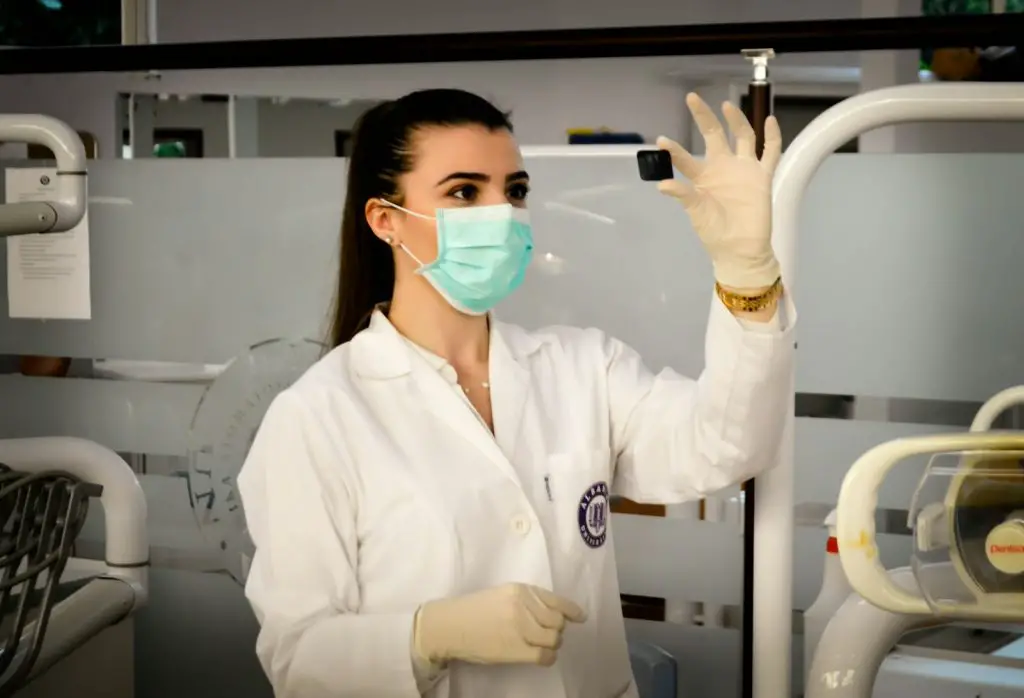The realm of dental science has long been recognized for its contributions to overall health, forensic analysis, and genetic research. Among its many facets, the study and application of dental DNA stand out as a testament to the profound interconnectedness of oral health with the broader spectrum of human biology and identity. This microscopic thread of genetic material, harbored within the pulp of teeth, serves as a robust archive of personal and ancestral genetic information, playing a crucial role in various scientific and investigative fields.
Unveiling the Mysteries with Dental DNA
Dental DNA is harnessed for a multitude of purposes, from the identification of individuals in forensic cases to the understanding of genetic predispositions to certain oral diseases. It offers a unique and enduring source of genetic material, often surviving environmental and temporal challenges that would degrade other DNA sources. Through the analysis of dental DNA, light is shed on individual and familial genetic markers, including susceptibilities to conditions like periodontal disease, dental caries, and even correlations with systemic diseases. The implications of this extend into personalized dental care, where treatments and preventive measures can be finely tailored to the genetic makeup of the individual.
The Role of Private Dental Practices
In the context of a private dental practice, the approach to requests concerning dental DNA is characterized by a blend of clinical expertise and ethical consideration. When presented with a request for dental DNA analysis, several steps are meticulously followed:
- Initial Consultation: The purpose and implications of the DNA analysis are discussed in detail with the patient, ensuring informed consent is obtained.
- Sample Collection: Dental DNA is typically extracted from saliva or from the pulp of extracted teeth, following strict sterile procedures to prevent contamination.
- Collaboration with Genetic Laboratories: The collected samples are then sent to specialized laboratories equipped to perform the DNA analysis, with the dental practice acting as the intermediary between the patient and the lab.
- Interpretation and Application: Results are interpreted in the context of the patient’s dental and medical history, with findings integrated into personalized care plans or shared with relevant third parties, as authorized by the patient.
This process highlights the private dental practice’s pivotal role in bridging advanced genetic insights with personalized patient care, navigating the complexities of genetic data with professionalism and confidentiality.
Ethical Considerations and Future Horizons
The integration of dental DNA into practice is not without its ethical challenges. Issues of privacy, consent, and the potential for genetic discrimination are navigated with careful consideration, adhering to stringent ethical standards and legal regulations. Looking forward, the potential of dental DNA is vast, with research ongoing into areas such as stem cell research, regenerative dentistry, and the deepening understanding of the genetic basis of oral health conditions.
The Global Impact and Collaboration in Dental DNA Research
The global dimension of dental DNA research underscores its universal significance and the need for international collaboration. Through concerted efforts across borders, scientists and dental professionals work together to pool data, share findings, and standardize methodologies in dental DNA analysis. This collective approach not only accelerates the pace of discovery but also ensures that the benefits of these advancements are accessible to a diverse population. Cross-cultural studies facilitated by this collaboration are particularly valuable, offering insights into the genetic diversity and oral health patterns of different populations. Such research is instrumental in tailoring global health initiatives and preventive measures to the unique genetic compositions and needs of varied demographic groups. The global impact of dental DNA research thus lies in its potential to foster a more inclusive understanding of oral health, paving the way for innovations that benefit humanity at large.
Conclusion
The exploration of dental DNA represents a frontier in dentistry that bridges the past, present, and future of human health. Its applications in forensic science, genetic research, and personalized dental care underscore its significance as a key to unlocking mysteries of our biological heritage and individual health. Through the diligent work of private dental practices and researchers, the promise held within dental DNA continues to unfold, offering new vistas of knowledge and innovation in healthcare.

Throughout his career, Andras Kovacs has developed a deep understanding of DNA and its applications in genealogy and genetic testing. He has helped thousands of individuals uncover their ancestral heritage, using cutting-edge DNA analysis to trace family lineages and reveal connections across generations.

